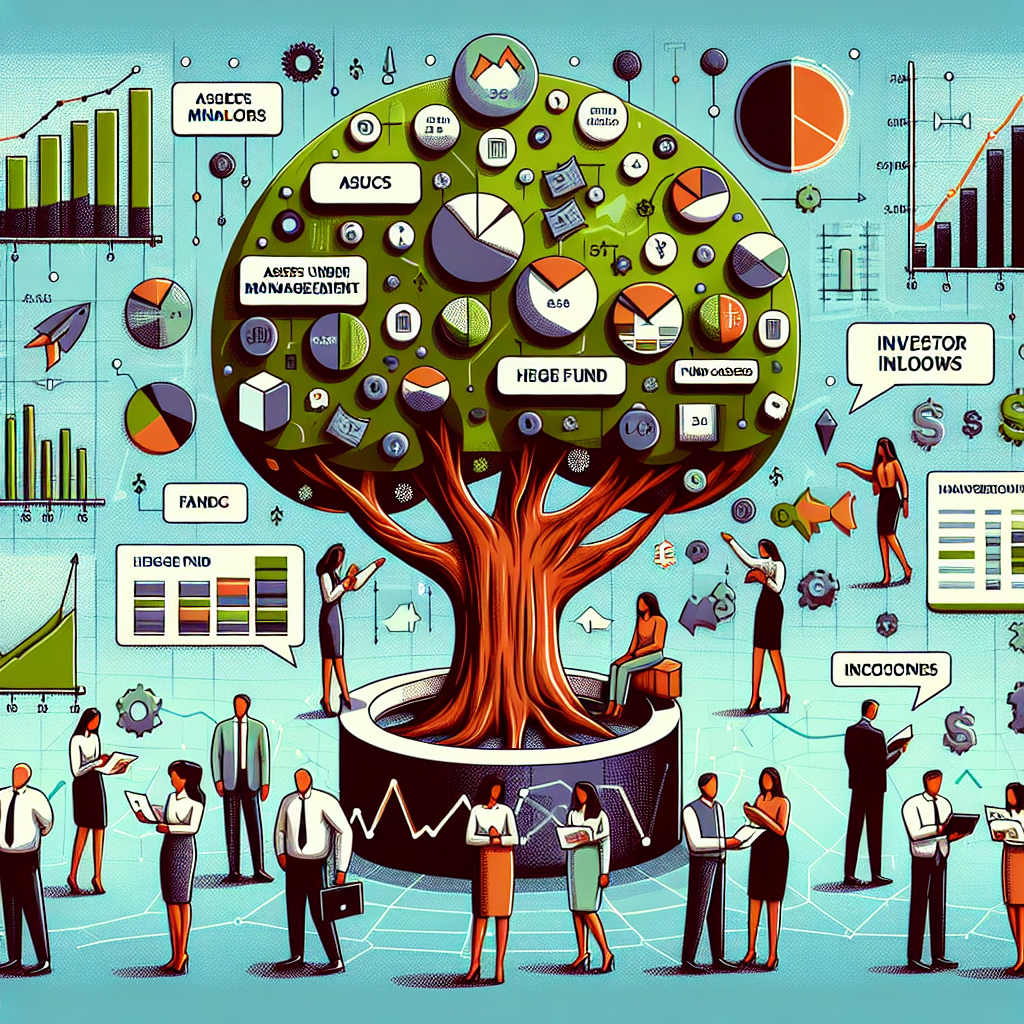Global Economic Growth Trends
Introduction
In recent years, the global economy has experienced significant growth and expansion. This growth has been driven by various factors such as technological advancements, globalization, and increased trade and investment opportunities.
Factors Driving Global Economic Growth
1. Technological Advancements
The rapid pace of technological advancements has played a crucial role in driving global economic growth. Innovations in areas such as artificial intelligence, automation, and digitalization have led to increased productivity, efficiency, and competitiveness in various industries.
2. Globalization
The process of globalization has enabled countries to participate in the global economy by opening up markets, increasing trade, and fostering international cooperation. This has led to increased economic opportunities and growth for countries around the world.
3. Trade and Investment Opportunities
The growth of international trade and investment has also contributed to global economic growth. Countries have been able to access new markets, expand their businesses, and create jobs through increased trade and investment activities.
Regional Economic Growth Trends
1. Asia-Pacific
The Asia-Pacific region has been a key driver of global economic growth in recent years. Countries such as China, India, and Japan have experienced rapid economic expansion due to their large populations, growing middle class, and increasing consumer demand.
2. Europe
Despite facing challenges such as Brexit and political instability, Europe has also seen economic growth in countries such as Germany, France, and the United Kingdom. The region’s strong manufacturing sector, technological innovation, and export-oriented economies have contributed to its economic growth.
3. North America
The United States and Canada have been leading the way in economic growth in North America. Factors such as tax cuts, deregulation, and strong consumer spending have fueled economic expansion in these countries.
Challenges to Global Economic Growth
1. Trade Wars
The rise of protectionist policies and trade wars between countries have posed a threat to global economic growth. Tariffs, trade barriers, and geopolitical tensions have disrupted global supply chains and hindered international trade and investment.
2. Political Instability
Political instability and uncertainty in various regions have also impacted global economic growth. Factors such as Brexit, trade disputes, and geopolitical conflicts have created uncertainty for businesses and investors, leading to a slowdown in economic activity.
3. Climate Change
The effects of climate change, such as natural disasters, extreme weather events, and environmental degradation, have also posed challenges to global economic growth. These impacts can disrupt supply chains, damage infrastructure, and increase costs for businesses, affecting overall economic performance.
Conclusion
Despite facing challenges, global economic growth trends remain positive overall. Continued technological advancements, globalization, and trade and investment opportunities are expected to drive economic growth in the coming years. However, policymakers and businesses must address challenges such as trade wars, political instability, and climate change to ensure sustainable and inclusive economic growth.


